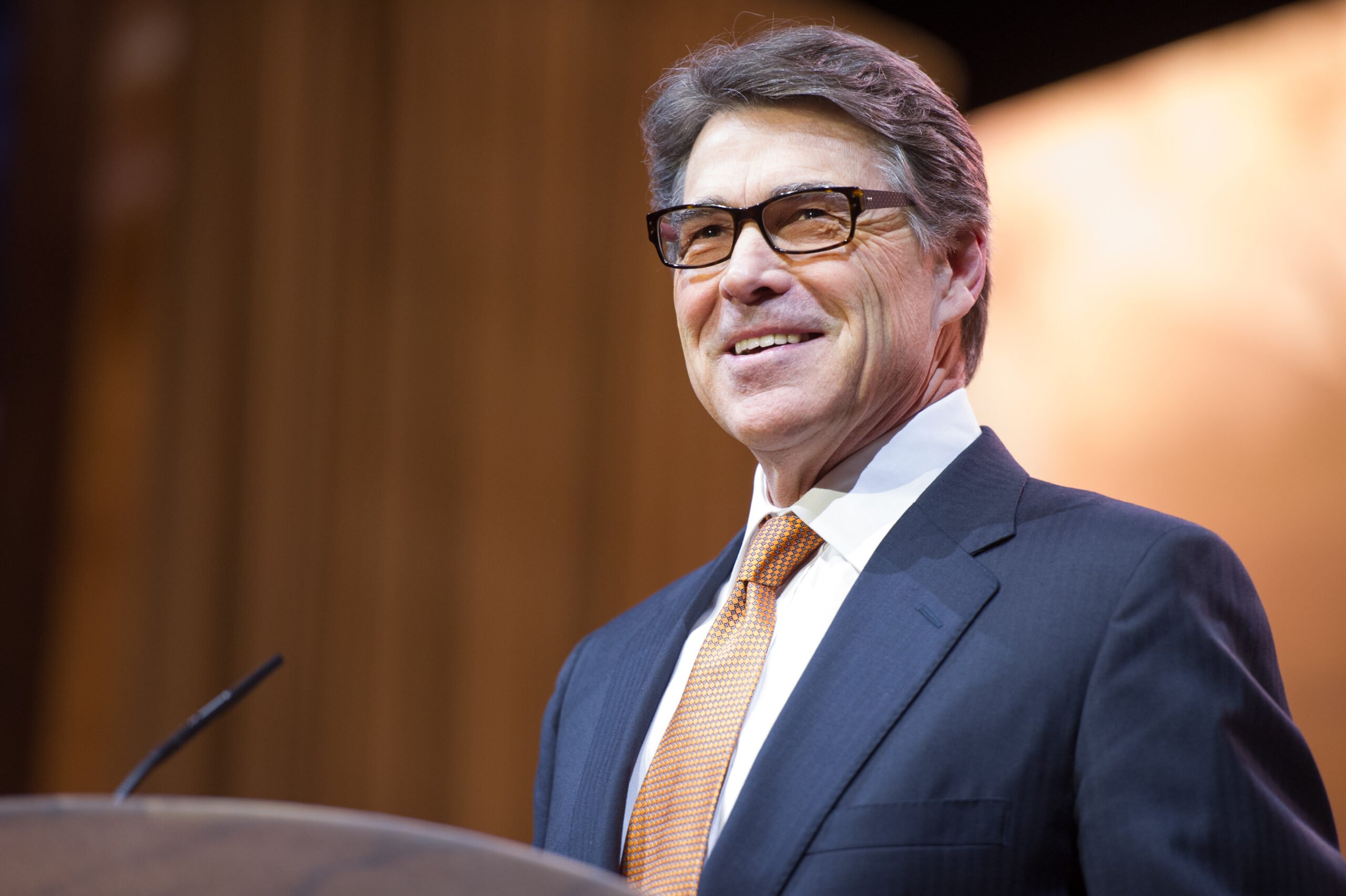ustxtxb_obs_1964_08_21_50_00002-00000_000.pdf
Page 11
A Republican Makes Up His Mind Charles Alan Wright Austin It had not occurred to me that anyone else would care how I am going to vote this November. But readers of the Observer have been subjected to my political views in the past, and the editor, without asking or knowing what my vote will be this year, has suggested that I explain it in these pages. As I have written here before, I am “a brass-collar Republican.” [“What Is Wrong with the Texas Republicans?”, Observer, Dec. 25, 1959.] I have never voted for a Democrat for any office at any time. Early on the morning of July 16th, as the delegates were filing out of the Cow Palace after nominating the Republican candidate for President, Eric Sevareid remarked: “It is very hard to leave the party home. * * * You may disagree with the candidate, and with the platform, but you do not throw away your badge.” This is true. America has thrived on the two-party system, and strong parties require loyal members, who abide the decision of the majority of the party even when their own view does not prevail. But party loyalty is a tenable position only so long as we have party responsibility. We are Americans first, and Republicans or Democrats second. Like Stephen Decatur, we are for our country right or wrong, but we cannot be for ,_our party right or wrong, when the decision of the party is contrary to the national interest. In 1960, writing in this forum, I set forth my understanding of responsible party government : “It is the glory of the American party system, and a major source of strength for the nation, that each party represents a wide diversity of views, that we resolve our differences at the party conventions, and that in November the choice for the voter is between two broadly similar programs, each intended to appeal to the man in the middle, with Senator Goldwater and Senator Javits united on one side, while Walter Reuther and Ben Ramsey make common cause on the other. When, as in 1860, the party mechanisms fail to perform this function and leave the voters free to choose between extreme positions on a grave national issue, disaster is likely to be the result.” [“Why I Am for Nixon,” Observer, Nov. 4, 1960.] The Republican Party in 1964 has not followed this wise tradition. It has, instead, deliberately set forth to give the voter “a choice not an echo.” Its candidate, in his acceptance speech, made it clear that he wants 2 The Texas Observer the support of only those who agree with him on the divisive issues which his nomination raised. Those who count themselves Republicans can no longer blindly vote the party ticket. They must respond to the challenge the party itself has posed, and make their choice. I have made my choice. I could vote for a candidate who is skeptical about the United Nations, critical of social security, against medicare and federal aid to education, and in favor of selling the Tennessee Valley Authority. I cannot vote for a candidate whose election would be regarded as a mandate to slow down on civil rights and to take a harder, more dangerous line in foreign relations. Accordingly I will vote for Lyndon B. Johnson for President. UNDER THE WISE LEADER-SHIP of Presidents Eisenhower, Kennedy, and Johnson, we have made measurable progress toward achieving world peace. Those presidents have been forceful when force was needed. They have stood firm when the legitimate interests of the free world were in danger. But they have always held out the olive branch of peace. Incorporating the State Observer and the East Texas Democrat, which in turn incorporated the State Week and Austin ForumAdvocate. We will serve no group or party but will hew hard to the truth as we find it and the right as we see it. We are dedicated to the whole truth, to human values above all interests, to the rights of man as the foundation of democracy; we will take orders from none but our own conscience, and never will we overlook or misrepresent the truth to serve the interests of the powerful or cater to the ignoble in the human spirit. Editor and General Manager, Ronnie Dugger. Partner, Mrs. R. D. Randolph. Business Manager, Sarah Payne. Contributing Editors, J. Frank Dobie, Larry Goodwyn, Franklin Jones, Lyman Jones, Georgia Earnest Klipple, Willie Morris, James Presley, Charles Ramsdell, Roger Shattuck, Dan Strawn, Tom Sutherland, Charles Alan Wright. Staff Artist, Charles Erickson. Contributing Photographer, Russell Lee. Subscription Representatives: Austin, Mrs. Helen C. Spear, 2615 Pecos, HO 5-1805; Dallas, Mrs. Cordye Hall, 5835 Ellsworth, TA 1-1205; El Paso, Mrs. Jeanette Harris, 5158 Garry Owen Rd., LO 5-3448; Houston, Mrs. Shirley Jay, 10306 Cliffwood Dr., PA 3-8682; Lubbock, Doris Blaisdell, 2515 24th St.; Midland, Eva Dennis, 4306 Douglas, OX 4-2825; Odessa, Enid Turner, 1706 Glenwood, EM 6-2269; Rio Grande Valley, Mrs. Jack Butler, 601 Houston, McAllen, MU 6-5675; We have surmounted dangerous crises in Berlin and in Cuba, with our national honor intact and our nuclear stockpile untouched. No thinking person believes that the dangers are all behind us, but it is possible to hope that a continued decrease in tension lies ahead of us. It is possible to look at our children and dream of the future which will be theirs, rather than to fear, as in dark moments in years past, that there is no future for them or for the world. This is no time to put a sabre-rattler into the White House. If our policy has been one of “no win,” it has been because our leaders have recognized that, in the current state of technology, war can produce no winner. Senator Goldwater voted against the treaty banning testing of nuclear weapons. He was critical of the agreement to exchange consuls with the Russians. He is willing to speak recklessly of defoliating Viet Nam, of sending troops into Cuba to turn on the water, and of bombing Red China. He favors leaving to field. commanders the dreadful power to use nuclear weapons. He refused to accept an amendment to the platform reiterating the historic policy, written into the Constitution San Antonio, Mrs. Mae B. Tuggle, 531 Elmhurst, TA 2-7154; Tyler, Mrs. Erik Thomsen, 1209 So. Broadway, LY 4-4862. The editor has exclusive control over the editorial policies and contents of the Observer. None of the other people who are associated with the enterprise shares this responsibility with him. Writers are responsible for their own work, but not for anything they have not themselves written, and in publishing them the editor does not necessarily imply that he agrees with them, because this is a journal of free voices. The Observer publishes articles, essays, and creative work of the shorter forms having to do in various ways with this area. The pay depends; at present it is token. Unsolicited manuscripts must be accompanied by return postage. Unsigned articles are the editor’s. The Observer is published by Texas Observer Co., Ltd., biweekly from Austin, Texas. Entered as second-class matter April 26, 1937, at the Post Office at Austin, Texas, under the Act of March 3, 1879. Second class postage paid at Austin, Texas. Delivered postage prepaid $5.00 a year; two years, $9.50; three years, $13.00. Foreign rates on request. Single copies 25c; prices for ten or more for students, or bulk orders, on request. Editorial and Business Offices: The Texas Observer, 504 West 24th St., Austin 5, Texas. Telephone GR 7-0746. Change of Addreis: Please give old and new addresses ttnd allow three weeks. THE TEXAS OBSERVER A Journal of Free Voices A Window to the South 58th YEAR ESTABLISHED 1906 Vol. 56, No. 16 746115 August 21, 1964


